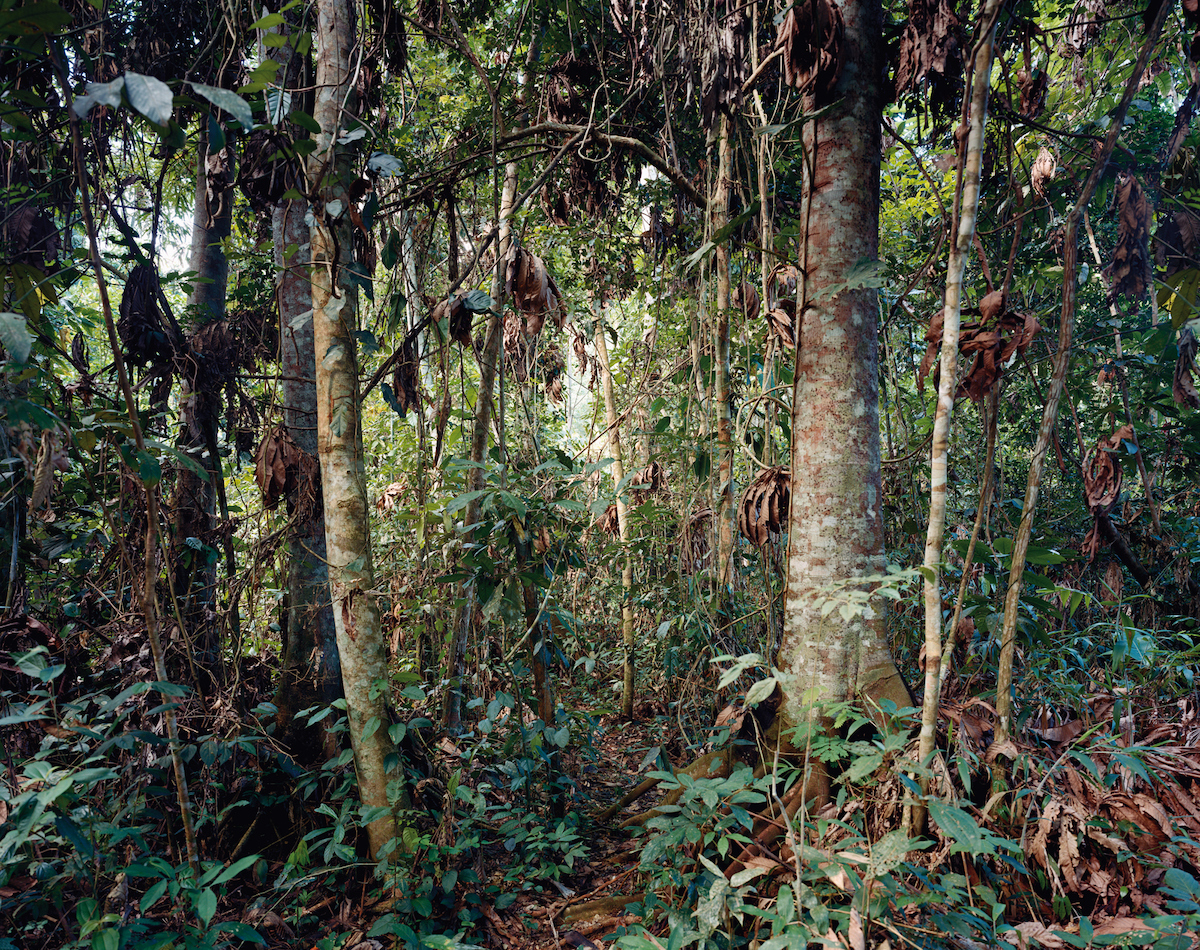Chromogenic print (4/10)
222 × 280.7 cm
Hilti Art Foundation, Schaan
Thomas Struth attended the Düsseldorf Academy of Art from 1973 to 1980. Having studied painting with Gerhard Richter until 1976, he decided to switch to the medium of photography and spent the next four years under the tutelage of Bernd Becher. He proved to observe with exacting precision, taking a detached stand even when zeroing in on his subject matter with unmitigated fascination. It is this detachment in conjunction with the unity of place, time and subject matter, as well as the authenticity of representation, that lends his work such compelling truthfulness. Despite the documentary value of Struth's photographs and their unmistakable indebtedness to the oeuvre of Bernd and Hilla Becher, they are not documents but, rather, autonomous works of art.
On a global scale, he looks closely at streets, squares and buildings, at people, at sacred architecture and museums, at museum visitors or at nature and vegetation. The series New Pictures from Paradise, begun in 1999, consists of thirty-six large-format photographs. For Struth, this series is not about documenting botanical properties of ecological processes in the primeval forest or about the dwindling presence of untouched nature. His interest is primarily phenomenological with a focus on the perception of visible reality amid a surfeit of visual information in the form of nonhierarchically organized natural detail.
Paradise 30 was taken at the Rio Madre de Dios, a river that flows through the jungle of Peru and Bolivia. This picture of rampant, indiscriminate vegetation does not focus on the foreground but on the middle ground, where viewers are almost literally drawn into the impenetrable vegetation. Confronted with such overwhelmingly dense growth, we lose our sense of orientation; we are thrown back on ourselves, becoming keenly aware of our physical isolation.
Uwe Wieczorek
"I wanted to make photographs in which everything was so complex and detailed that you could look at them forever and never see everything."
Thomas Struth
Sean O'Hagan, Interview: Thomas Struth: photos so complex 'you could look at them forever', www.theguardian.com. July 2, 2011.
